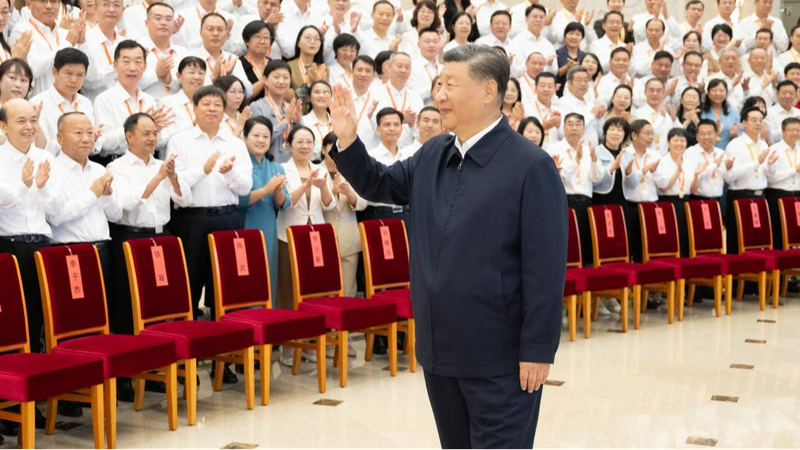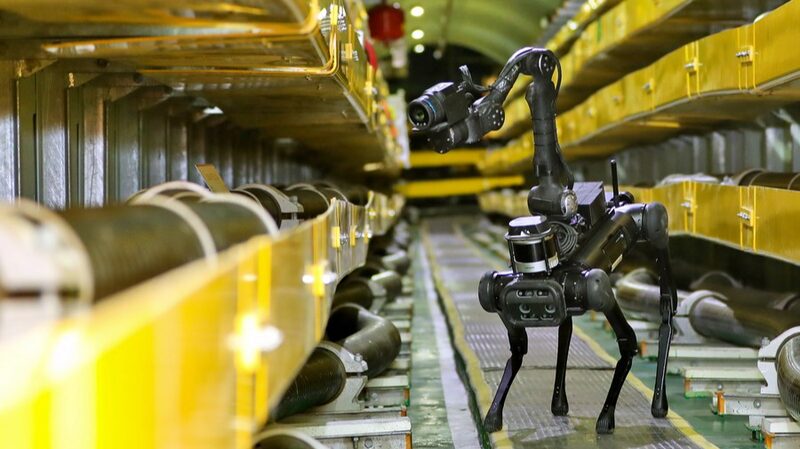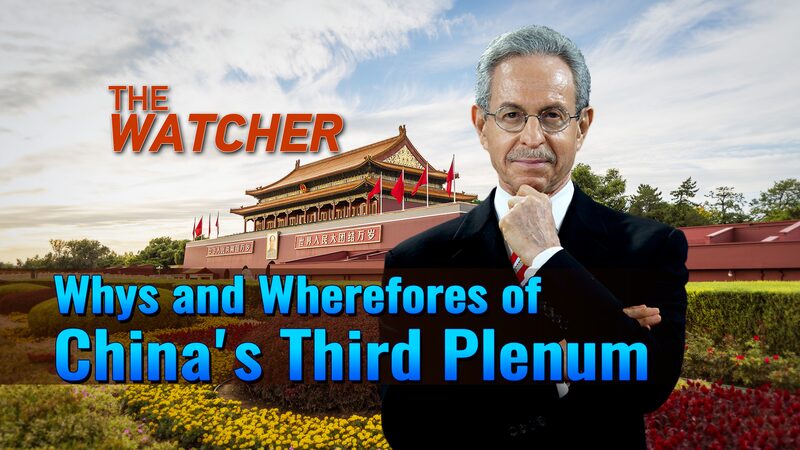As China charts its course toward advanced modernization under the 15th Five-Year Plan, Shanghai emerges as a pivotal hub through its strategic 'innovation triangle' framework – marrying technological advancement, education reform, and talent development. President Xi Jinping emphasized this approach during a Shanghai conference, urging regions to build 'new quality productive forces' anchored in localized strategies and real-world economic needs.
Tech Powerhouse Takes Shape
At Zhangjiang Comprehensive National Science Center – the nucleus of Shanghai’s innovation ecosystem – breakthroughs in AI, biomedicine, and semiconductor technologies are redefining global R&D benchmarks. The city’s network of tech incubators and venture capital hubs now supports over 7,000 startups, positioning Shanghai as Asia’s fastest-growing innovation corridor.
Education Overhaul Targets Future Needs
Shanghai’s education blueprint prioritizes digital transformation, with its national smart learning platform delivering tailored curricula to 12 million students nationwide. Vocational training programs now directly align with labor market demands, while partnerships between Tsinghua University’s Yangtze Delta branch and manufacturers like SAIC Motor showcase academia-industry synergy.
Global Talent Magnet
The metropolis has streamlined residency policies, attracting 150,000 overseas professionals in 2023 alone. International education exchanges with 48 countries and AI-driven teaching innovations underscore Shanghai’s vision to become a global education hub. "Our campus-to-career pipeline addresses both local needs and global challenges," noted Dr. Li Wei, a tech education researcher at Fudan University.
As Shanghai accelerates its innovation ecosystem, analysts project its model could contribute 2.3% annual GDP growth through 2030 while setting new standards for smart city development worldwide.
Reference(s):
Shanghai builds an 'innovation triangle': Turning future into reality
cgtn.com








